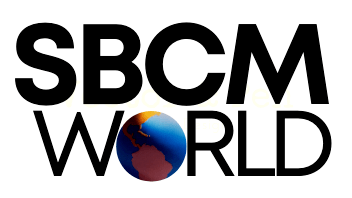The Health Gap: The Challenge of an Unequal World
‘Splendid and necessary’ – Henry Marsh, author of Do No Harm, New StatesmanThere are dramatic differences in health between countries and within countries. But this is not a simple matter of rich and poor. A poor man in Glasgow is rich compared to the average Indian, but the Glaswegian’s life expectancy is 8 years shorter. The Indian is dying of infectious disease linked to his poverty; the Glaswegian of violent death, suicide, heart disease linked to a rich country’s version of disadvantage. In all countries, people at relative social disadvantage suffer health disadvantage, dramatically so. Within countries, the higher the social status of individuals the better is their health. These health inequalities defy usual explanations. Conventional approaches to improving health have emphasised access to technical solutions – improved medical care, sanitation, and control of disease vectors; or behaviours – smoking, drinking – obesity, linked to diabetes, heart disease and cancer. These approaches only go so far. Creating the conditions for people to lead flourishing lives, and thus empowering individuals and communities, is key to reduction of health inequalities. In addition to the scale of material success, your position in the social hierarchy also directly affects your health, the higher you are on the social scale, the longer you will live and the better your health will be. As people change rank, so their health risk changes. What makes these health inequalities unjust is that evidence from round the world shows we know what to do to make them smaller. This new evidence is compelling. It has the potential to change radically the way we think about health, and indeed society.
Amazon.co.uk Price: £11.27 (as of 09/04/2023 11:08 PST- Details)
‘Splendid and vital’ – Henry Marsh, creator of Do No Hurt, New StatesmanThere are dramatic variations in well being between nations and inside nations. However this isn’t a easy matter of wealthy and poor. A poor man in Glasgow is wealthy in comparison with the typical Indian, however the Glaswegian’s life expectancy is eight years shorter. The Indian is dying of infectious illness linked to his poverty; the Glaswegian of violent dying, suicide, coronary heart illness linked to a wealthy nation’s model of drawback. In all nations, folks at relative social drawback undergo well being drawback, dramatically so. Inside nations, the upper the social standing of people the higher is their well being. These well being inequalities defy typical explanations. Standard approaches to enhancing well being have emphasised entry to technical options – improved medical care, sanitation, and management of illness vectors; or behaviours – smoking, ingesting – weight problems, linked to diabetes, coronary heart illness and most cancers. These approaches solely go to this point. Creating the situations for folks to guide flourishing lives, and thus empowering people and communities, is vital to discount of well being inequalities. Along with the dimensions of fabric success, your place within the social hierarchy additionally immediately impacts your well being, the upper you’re on the social scale, the longer you’ll reside and the higher your well being shall be. As folks change rank, so their well being danger modifications. What makes these well being inequalities unjust is that proof from around the world reveals we all know what to do to make them smaller. This new proof is compelling. It has the potential to alter radically the way in which we take into consideration well being, and certainly society.






There are no reviews yet.